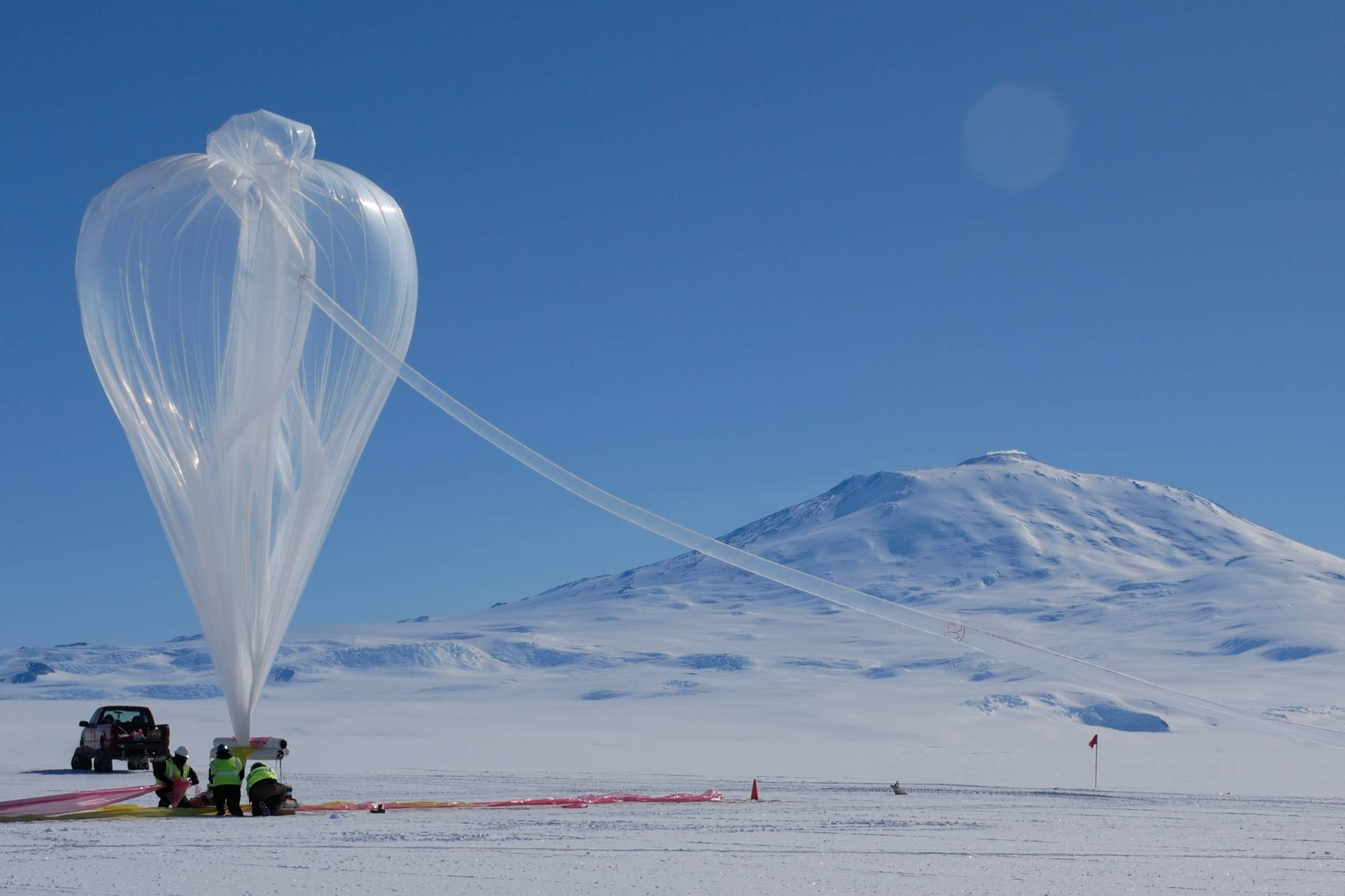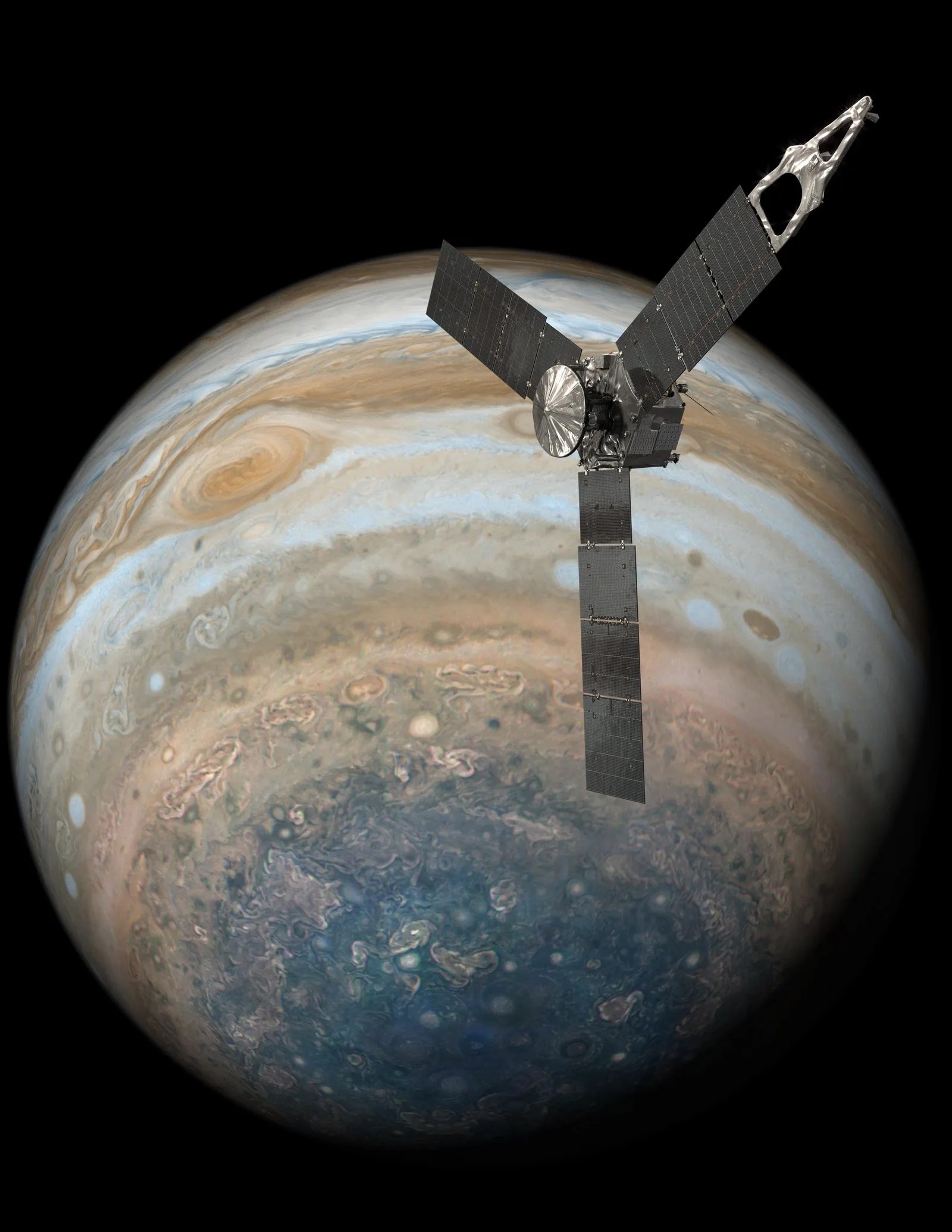Amendment 77:D.18 XRISM General Observer – Cycle 1 Important Update
D.18 XRISM General Observer (GO) Cycle 1 solicits proposals for participation in the NASA program for the conduct of space science observations using the X-ray Imaging and Spectroscopy Mission (XRISM) and for related supporting atomic physics investigations. D.18 XRISM General Observer (GO) Cycle 1 was added to ROSES-2023 on Dec 12, 2023, and amended on Dec 15, 2023.
ROSES-2023 Amendment 77 releases important updated information for D.18 XRISM General Observer – Cycle 1.
The XRISM Resolve instrument’s Gate Valve (X-ray aperture door) has not opened after multiple attempts by JAXA, thereby blocking soft X-rays, shifting Resolve’s energy band from 0.3 – 12 keV to 1.7 – 12 keV, and lowering the effective area. While the XRISM team will continue to assess different approaches to opening the Gate Valve, the General Observer Cycle 1 program will be carried out with the closed Gate Valve configuration. Since the Resolve instrument’s effective area is less than anticipated, longer exposures may be needed for some observations, which will affect the number of proposals selected for Cycle 1, leaving the distribution of funding for Type-1 vs. Type-2 proposals uncertain. The rough guidelines for observing constraints remain unchanged and proposals must justify the needs for their science case given the closed Gate Valve and shift in energy band. The relevant response files and technical information are provided via XRISM website at https://heasarc.gsfc.nasa.gov/docs/xrism/
The due date remains the same: Type-1 (Phase-1) observing proposals are to be submitted via ARK/RPS by 4:30 pm eastern time and Type-2 proposals are to be submitted via NSPIRES by 11:59 pm eastern time April 4, 2024.
Programmatic information may be obtained from Sanaz Vahidinia the XRISM Program Scientist, at sanaz.vahidinia@nasa.gov. Technical questions concerning this program element may be directed to Koji Mukai of the XRISM Guest Observer Facility at koji.mukai-1@nasa.gov.







